Coffee prices today (June 14) in the world market fluctuated in different directions. In particular, the price of robusta coffee turned up slightly after decreasing yesterday morning.
Update world coffee prices
According to records, coffee prices on the world market fluctuated in opposite directions. Specifically, the online price of robusta coffee in London for delivery in July 2023 was recorded at 2,713 USD/ton after increasing by 0.26% (equivalent to 7 USD).
The price of Arabica coffee for July 2023 delivery in New York was at 182.75 US cents/pound after decreasing 1.51% (equivalent to 2.8 US cents) at the time of survey at 6:45 (Vietnam time).

Photo: Anh Thu
Coffee plants are subject to attacks by insects, bacteria and fungi as they have increasingly been grown as a monoculture crop since the 1990s. These attacks may also be exacerbated by climate change.
Particularly on larger coffee farms, this has led to increased use of pesticides, the main weapon farmers use against uninvited guests.
In Brazil, the world’s largest coffee producer and pesticide consumer, chemical pesticide use has increased by 190% in a decade. Estimates suggest that around 38 million kilograms of pesticides are used annually in Brazilian coffee production.
Since 2019, 475 new pesticides have been approved in Brazil. More than a third of them are not approved in the EU due to their toxicity, according to Urek Alert .
“The problem is that there are increasing reports of pesticide contamination in groundwater and ecosystems, and harmful symptoms and disorders in animals and humans in coffee-growing areas – from skin disorders and respiratory problems to high blood pressure, organ damage, cancer and cardiovascular disease. All of these appear to be linked to pesticide use in coffee production,” said Athina Koutouleas, a recent PhD student at the University of Copenhagen’s Department of Geosciences and Natural Resource Management.
Dr Koutouleas is the lead author of a review published in the journal Plant Pathology that reviewed research on alternative plant protection strategies for coffee. The study was conducted with Professor David B. Collinge of the Department of Environmental and Plant Sciences and Associate Professor Anders Ræbild of the Department of Geosciences and Natural Resource Management.
The majority of reports on pesticide impacts come from areas in Brazil, Colombia, Jamaica and Nicaragua – all areas with high biodiversity, fragile ecosystems and resource-poor rural populations.
Studies from other countries have reported similar effects from pesticides. For example, a study from the Dominican Republic demonstrated that coffee workers exposed to pesticides had significantly higher rates of cell changes.
“If we want to enjoy our morning coffee in the future, we need to stop producing it like there’s no tomorrow,” says Athina Koutouleas. “Pesticides are effective against pests and can give coffee farmers high yields in the short term. But in the long term, you’re shooting yourself in the foot by destroying ecosystems and general health.”
Source



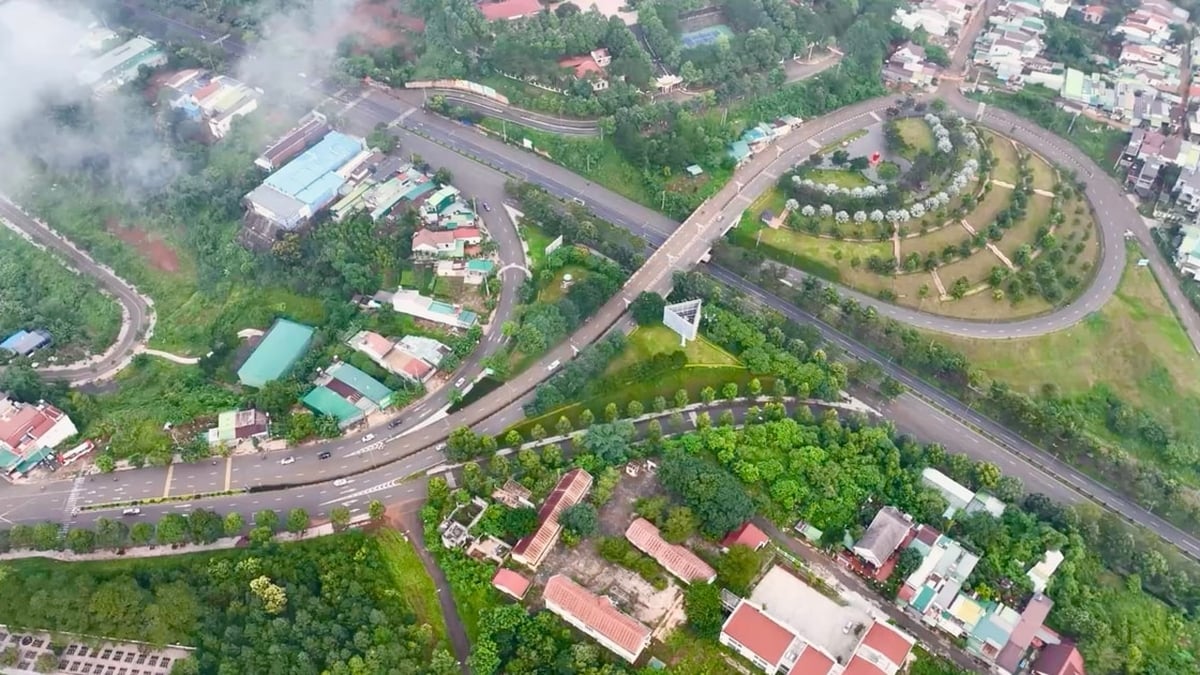
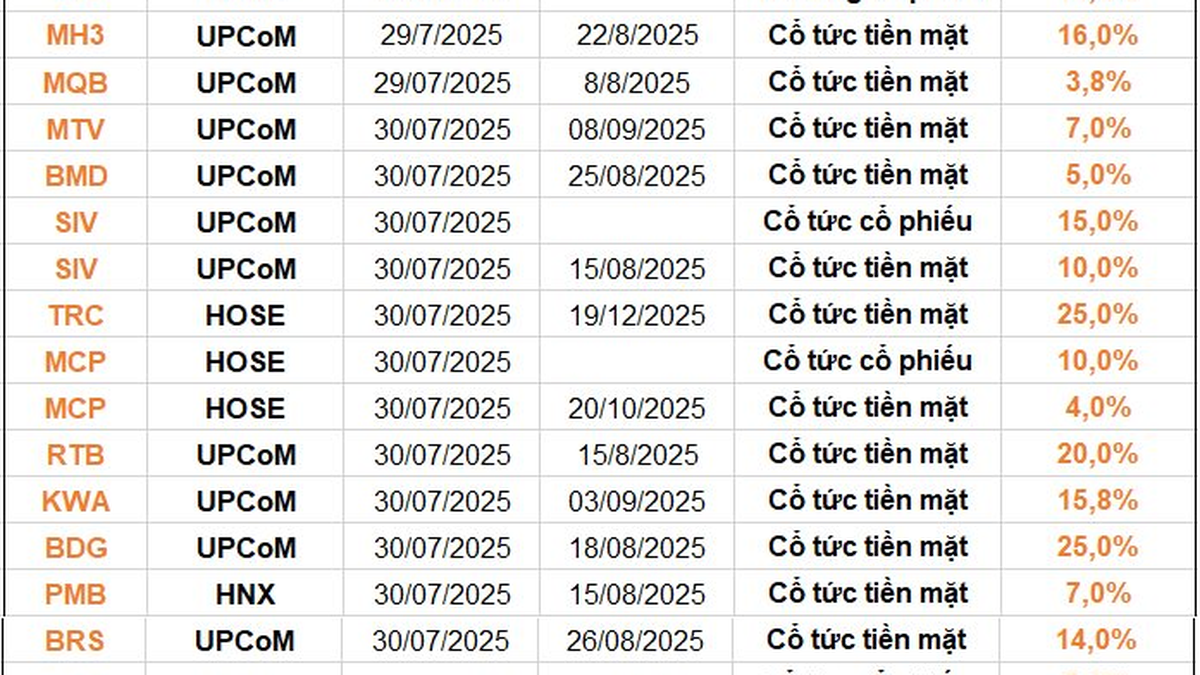


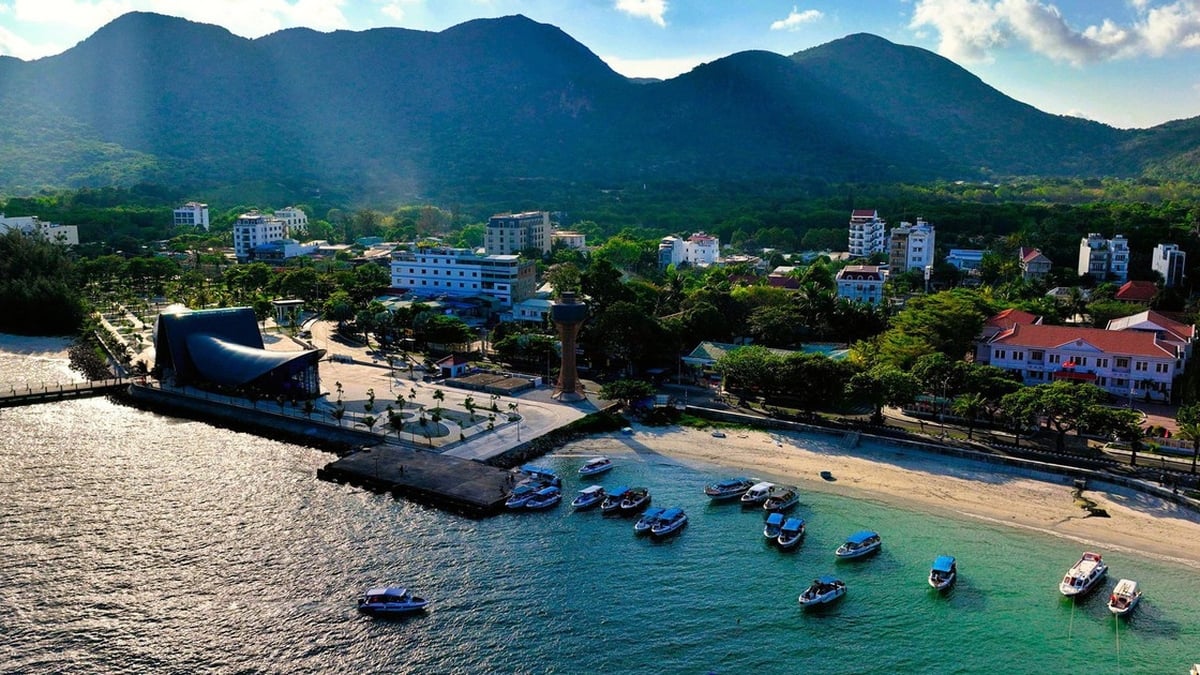
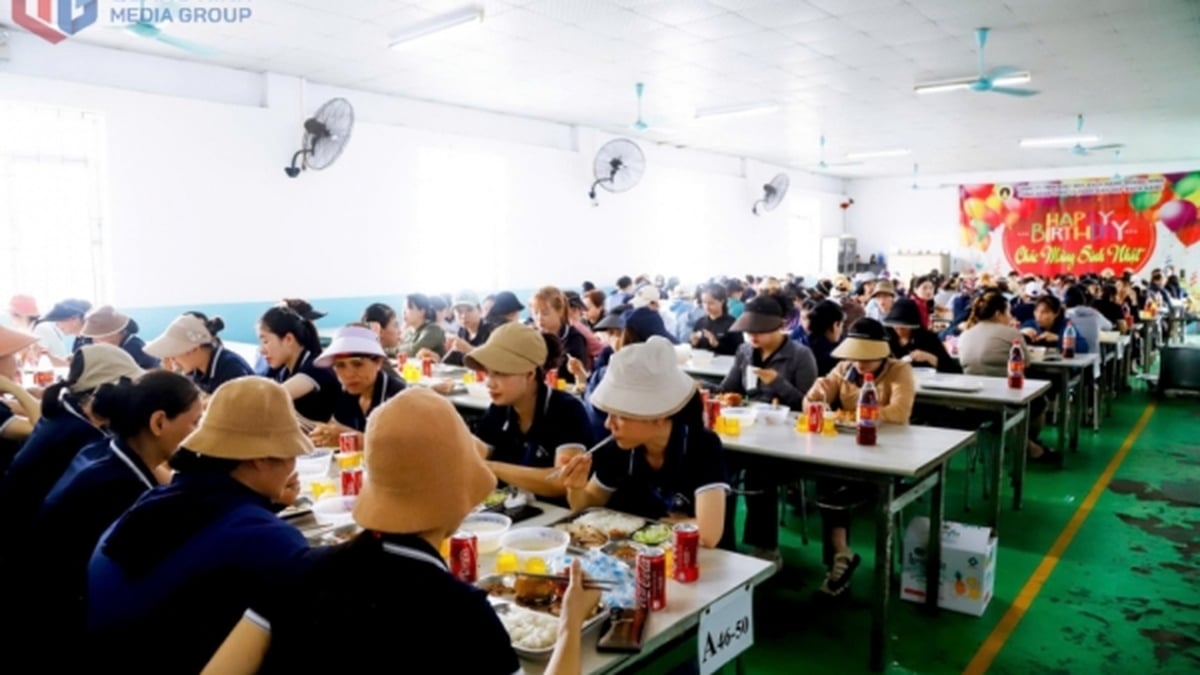
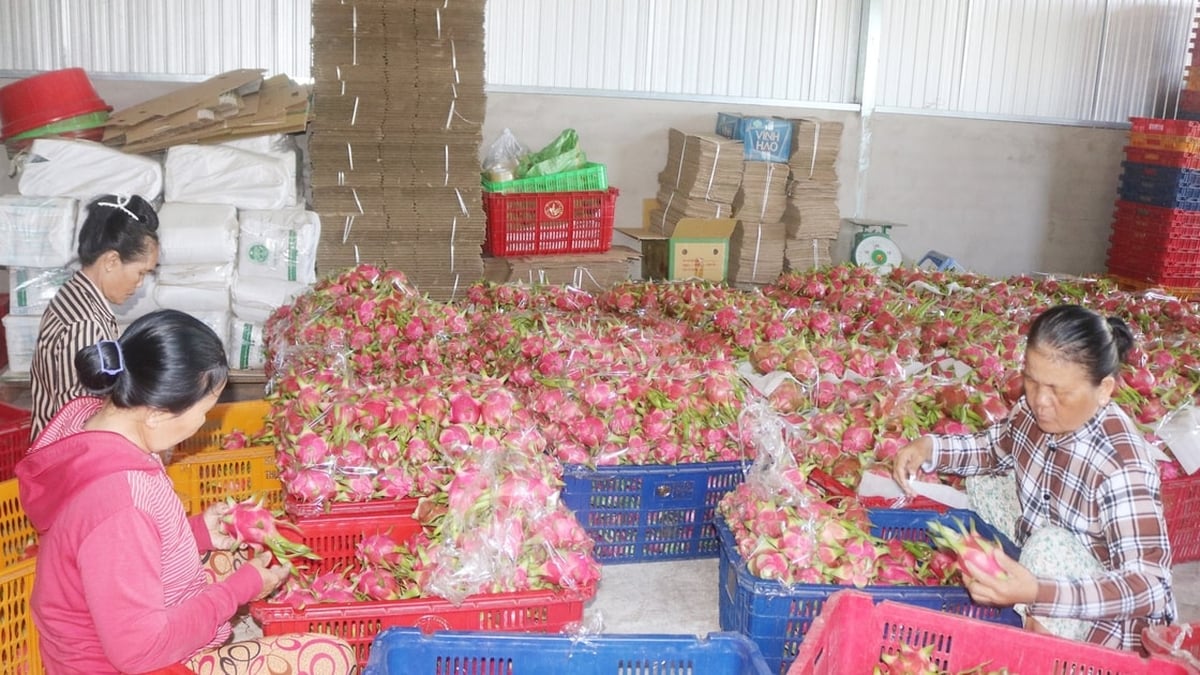

























































































Comment (0)